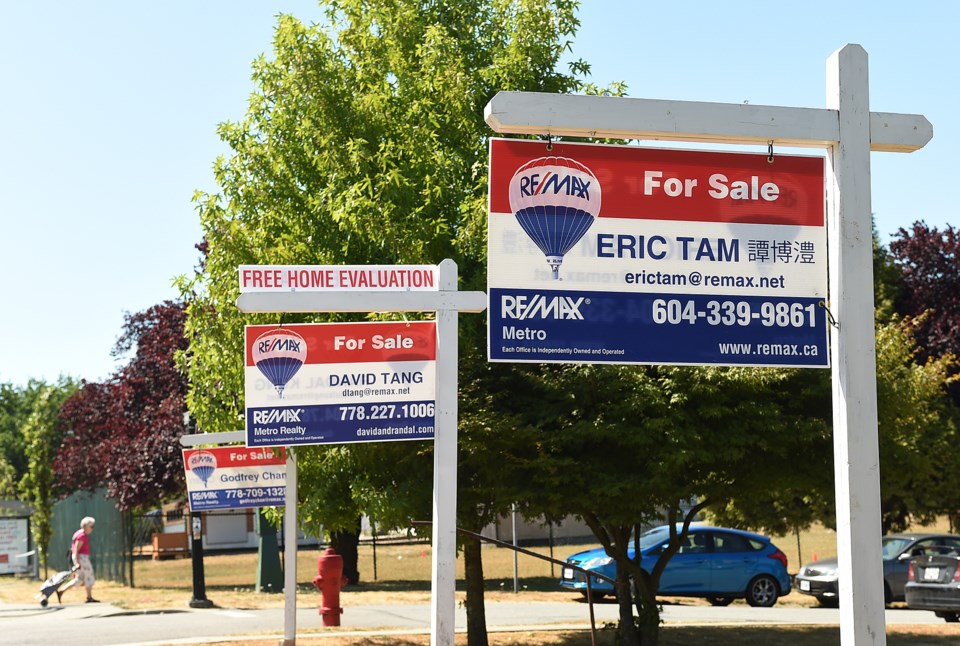Prime Minister Justin Trudeau will hear from a group of experts today on Vancouver’s out of control real estate market, several of whom have advocated for policies to counter the effect of capital inflows from China.
Andy Yan, an urban planner and acting director of SFU’s city program, confirmed his attendance. Yan has mapped the rapid rise in home values and recently authored a controversial study analyzing home purchases in one Westside neighbourhood.
The Globe and Mail reports that UBC geography professor David Ley and SFU sociology professor Josh Gordon will also be at the meeting.
In his book Millionaire Migrants, Ley documented the link between rising home prices and wealthy Hong Kong immigrants who sought a safe haven prior to reunification. Josh Gordon published a paper this spring arguing that based on existing academic work, there can be no doubt that foreign capital is playing a big part in Vancouver’s housing market.
It’s a markedly different set of voices than the provincial government has been consulting. In May, Finance Minister Mike de Jong stated he strongly believes high real estate prices are the result of high municipal fees and onerous regulations that prevent more home building. The province’s stance on the issue is very similar to the real estate industry’s insistance that lack of supply is the main factor in rampant home price increases.
But the province has also said it will make more efforts to collect information about home buyers’ citizenship, and has had meetings with Tom Davidoff, a UBC economics professor who has proposed levying an extra tax on vacant homes or those owned by people who do not earn their income in Canada.
The federal government is currently studying Canada’s housing market, which has seen overheated conditions in Vancouver and Toronto but declining prices in provinces hard-hit by the decline in oil prices.
Yan said it’s not simply a case of “who dunnit?” with one factor to blame.
“It’s limited supply coupled with low interest rates, coupled with global capital, coupled with flipping, speculation behaviours and how they all come together,” he said.
Over the course of 2015, Vancouver real estate prices escalated rapidly, and have continued the trend in the first five months of 2016. The latest figures show overall home prices increased 29% between May 2015 and May 2016, while detached home prices went up by 37%.
The Bank of Canada recently warned that escalating home prices in Vancouver and Toronto are a concern and have contributed to Canadians' overall debt load.
In an analysis published on June 15, BMO economists Doug Porter and Robert Kavcic argued that any new federal policy should target “foreign investment, speculation and land restrictions, in that order.” They note that previous moves, such as increasing the amount homebuyers must put towards a down payment, have penalized domestic buyers.
For business news go to biv.com



